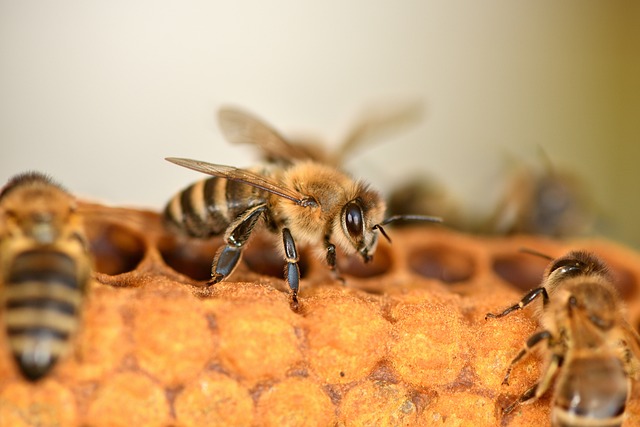Honeybee Venom Kills Breast Cancer Cells: A Breakthrough in Natural Cancer Therapy
Recent research has highlighted a fascinating discovery: honeybee venom kills breast cancer cells, specifically targeting aggressive forms of the disease. This finding holds potential for new, more effective cancer treatments derived from natural sources. The venom and its major component, melittin, have been shown to induce cell death in breast cancer subtypes, including triple-negative and HER2-enriched breast cancers.
Honeybee Venom’s Targeted Action
Honeybee venom, long known for its therapeutic properties, has emerged as a powerful weapon in the fight against cancer. Studies have demonstrated that the venom and melittin can interfere with growth factor receptors such as EGFR and HER2, critical for the survival of cancer cells. By suppressing receptor activation, honeybee venom kills breast cancer cells without significantly affecting healthy tissues.
Melittin, which makes up around 50% of bee venom, has shown to form pores in cancer cell membranes, causing cell death. The ability to disrupt cancer cell signaling pathways makes melittin an exciting candidate for further drug development. Moreover, when combined with chemotherapy, melittin enhances the effectiveness of traditional treatments, offering hope for more successful outcomes in patients with resistant cancer types.
Potential for Broader Cancer Treatment
While the focus has been on breast cancer, the same properties of honeybee venom killing cancer cells could extend to other types of cancer as well. This is particularly promising for hard-to-treat cancers like melanoma, non-small-cell lung cancer, and ovarian cancer. The venom’s selective toxicity towards malignant cells could revolutionize cancer therapy, especially in cases where conventional treatments fail.
Natural and Cost-Effective Solutions
One of the most attractive aspects of using honeybee venom to kill breast cancer cells is its natural origin and widespread availability. Unlike many synthetic drugs, honeybee venom can be produced at low cost, making it accessible even in less-developed regions. This positions bee venom as a practical option for cancer treatments, especially in under-resourced areas.
Conclusion
The discovery that honeybee venom kills breast cancer cells opens up a new frontier in cancer therapy. With its natural properties and potent anticancer effects, honeybee venom, particularly its active component melittin, shows great potential in treating aggressive breast cancer types. As researchers continue to investigate and refine these therapies, the hope is that this natural remedy will offer an affordable and effective alternative in the global fight against cancer.
The following post may interest you
Mobile Phones Are Not Linked to Brain Cancer: New Evidence

